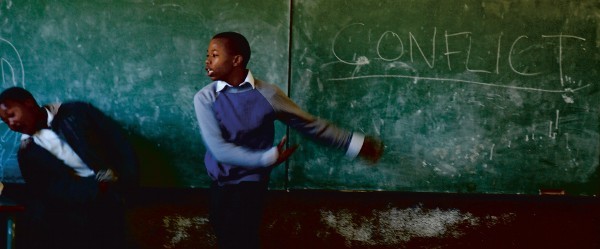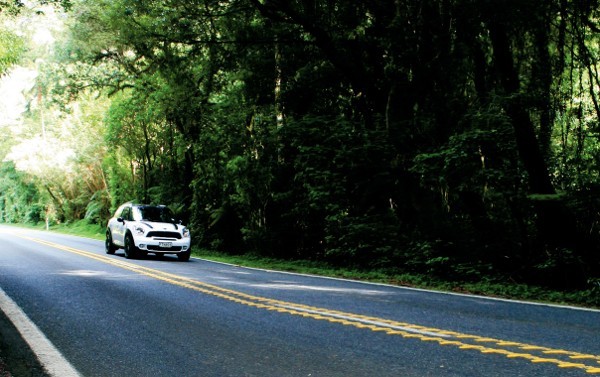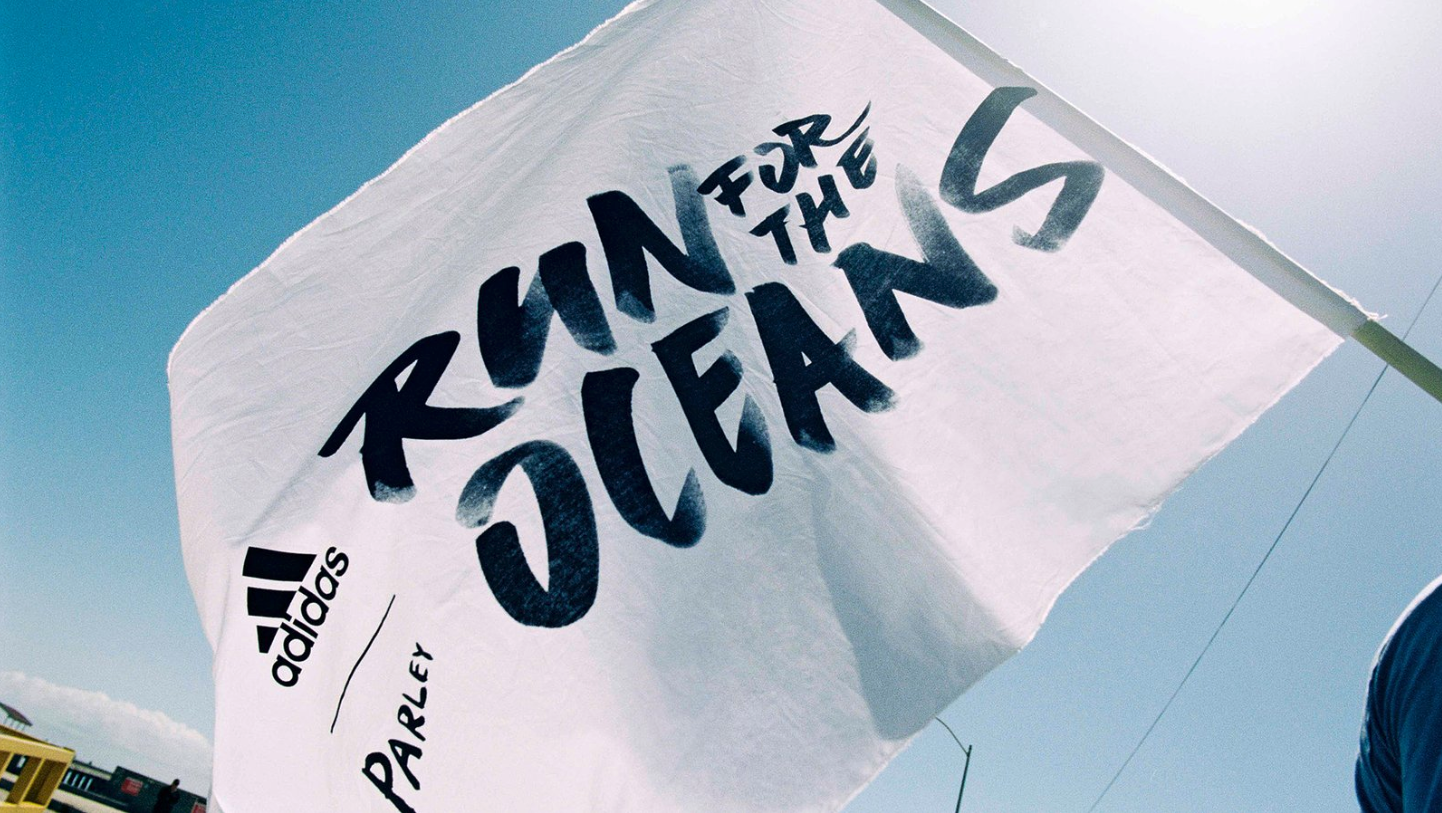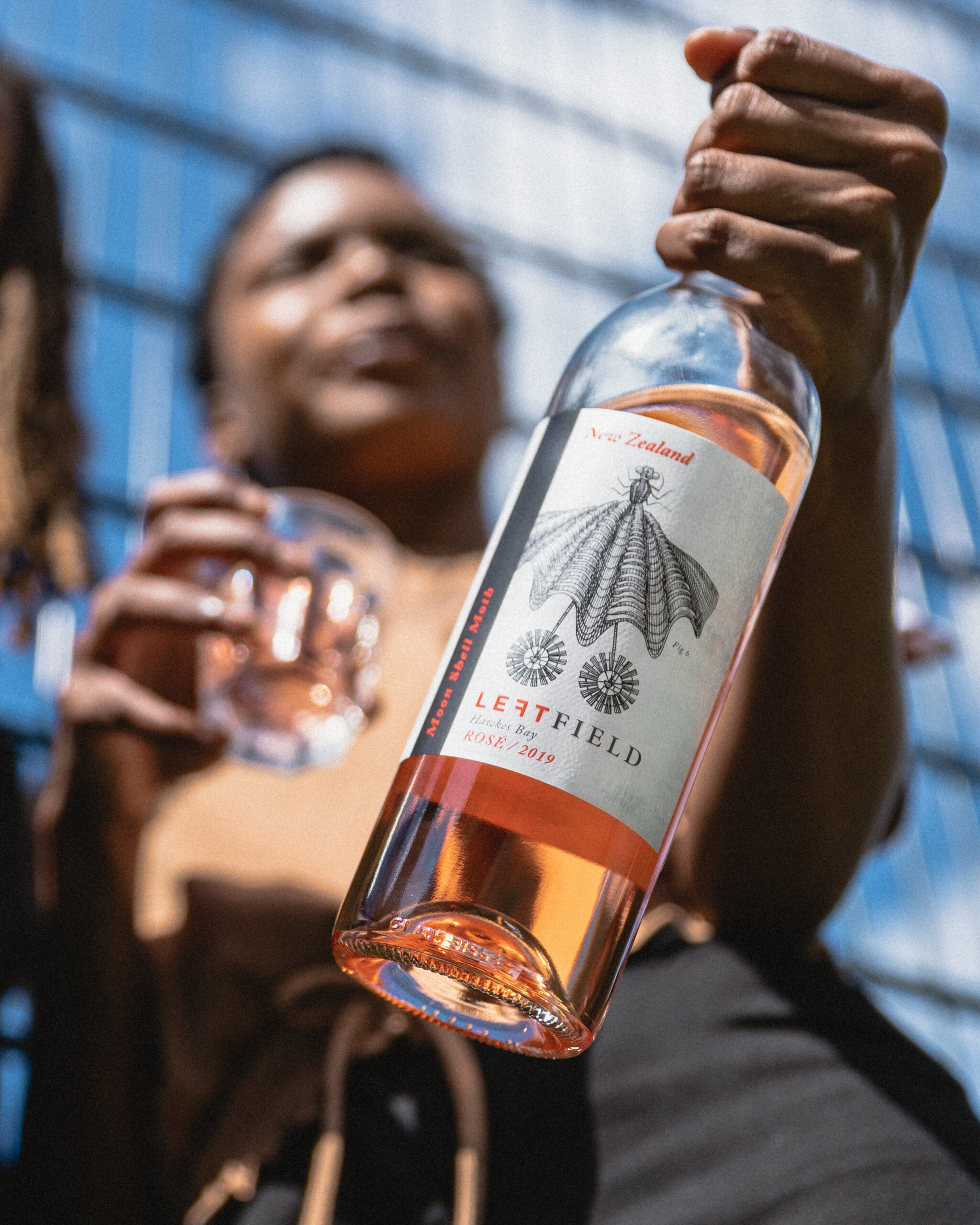The good women doing their bit for the vulnerable children of the world: Amber Sainsbury, Emily McDonald, Deb Leaver
In the face of horrifying events across the globe, it’s comforting to know there are Kiwis out there doing something. Good catches up with three far-flung women helping to improve the lives of vulnerable children
Role-playing therapy with Dramatic Need.
Amber Sainsbury
Actress
Rural, dusty Africa is a long way from the glamour and superficiality of a Hollywood movie set. But this is the only stage former Kiwi actress Amber Sainsbury (30 Days of Night, Channeling Baby, Coronation St) graces these days.
In 2004, after filming The Poseidon Adventure in South Africa, Amber stayed on to visit a farm and teach drama. It was during her time there that she learned just how valuable the creative arts could be as a tool for conflict resolution, particularly for children in post-apartheid South Africa. “Many of these children are familiar with the expression of emotion through violence, be it sexual, domestic, ethnic or gang-related aggression.” The arts, she says, “offer a means of selfexpression, an outlet for frustration that is non-violent and creative.”

Amber Sainsbury draws pictures with children as part of the Dramatic Need project
The following year Amber founded Dramatic Need, a London-based charity that sends international and local volunteers in the creative arts (actors, artists and musicians) to South Africa and Rwanda to host workshops with children from underprivileged rural communities.

Dancing therapy with Dramatic Need.
The charity has impressive support. Oscar-winning director Danny Boyle and Dr Lindiwe Mabuza, former South African high commissioner to the United Kingdom, are on the board, and supporters include actors Sir Ben Kingsley, Josh Hartnett, Benedict Cumberbatch and photographers Pieter Hugo, David Goldblatt and Greg Marinovich.
Last year, Dramatic Need taught more than 5,200 children across 32 schools in South Africa and built an arts and cultural centre. The charity also expanded into Rwanda where it now works with four schools. “In Rwanda it is illegal to discuss the 1994 genocide or enquire about someone’s ethnicity,” says Amber. “You can circumnavigate this by, for example, asking young Rwandan children to play a drama game where half the class are lions and half the class are tigers.” On their own, Amber says, the children tend to separate down ethnic lines, but when managed by the teacher and asked to perform a series of team-building exercises, it can have a surprisingly big impact on how the children interact for the rest of the school year. “‘That person is not Hutu – that person is a Tiger and on my team.’”
–Felicity Monk
Emily McDonald
Entrepreneur

Watoto Restore Tour kids in the Watoto Village with Emily Macdonald.
A trip to Uganda to help build a house for war-affected children turned out to be a pivotal moment for the former Waiheke Fruit & Vege shop owner, Emily McDonald. While in Uganda, Emily met war-traumatised children and saw how communities had been laid waste by war and HIV. But Emily also came into contact with the child mission Watoto (meaning ‘child’ in Swahili), which seeks to ‘rescue a child, raise a leader and rebuild the nation’. Watoto literally recreates shattered communities by putting eight orphan children in a home together with a ‘house mum’ – typically a widowed or divorced woman. Clusters of nine homes form each new village, and the children’s welfare and education is supported through to university. Emily returned to New Zealand totally inspired.
That was 2008, and since then 26-year-old Emily has achieved a huge amount to help restore the lives of orphans, former child soldiers and children brought up in captivity. Starting her own initiative called The Village Project, Emily has returned each year to Uganda with a team of volunteers, including high school students. Her idea was to help support a Ugandan village by calling on her own village, the locals of Waiheke Island. So far, they’ve built an orphan home, two classrooms and raised more than $140,000. The vision is now expanding with West Auckland’s Titirangi taking up the village challenge.
Altogether, Watoto has housed nearly 2,000 children in four new villages. There is also a centre called Living Hope for girls abducted by rebels and now with children of their own. These young mums often can’t return home, because their children are seen as enemy rebels, says Emily.

The Watoto Restore Tour performance on Waiheke Island in 2010.
In 2010, The Village Project helped host a former child soldier dance group in New Zealand with their Watoto Restore Tour – Child Soldier No More. And in their next visit this year to Uganda, Emily is aiming to teach the Ugandan village of Gulu to harvest rainwater. “My dad builds water tanks here in New Zealand,” says the indefatigable Emily. “We’re going over with a team of experts and will be developing a pilot model for other villages currently relying on bore water.”
–Sarah Heeringa
Deb Leaver
Aid Worker
During 15 years of working with the world’s poorest communities, Deb Leaver has landed in the Australian outback, Indonesia, Mongolia, Cambodia, Bangladesh and Pakistan, never living in one country for more than two years. “To my mother’s chagrin, I haven’t been home much,” she laughs.

Deb Leaver in the classroom with Vietnamese children.
In Manila, Deb helped out kids living at the Smokey Mountain rubbish dump, a two-million-tonne garbage heap which is home to about 30,000 people. “They’re a tenacious bunch,” she says of the kids who make a living searching the dump for scrap metal and old rags. “Children around the world are all the same. Just because someone is poor doesn’t mean they’re stupid. These kids are so innovative, brave and confident. If you put them anywhere in the world, they’d thrive.”
After the 2004 tsunami Deb worked in one of the most devastated areas: Aceh, Indonesia. She taught women small business skills, starting with literacy and numeracy. One student would get up three hours early so she could help with farm work and still do the course. At a celebration on the last day she told Deb she’d opened a business selling cakes and was making a profit. “Then she burst into tears and told me that now she could also help her six-year-old son with his reading and maths homework. She’d never been able to do that before. She was crying, but she was the happiest person I’ve ever seen in the world.”
Deb is now ChildFund New Zealand’s director in Vietnam, working to prevent child trafficking, illegal child labour, and to improve sanitation, water supplies and education. She admits her work is mentally tough. “I think what gets me down and what gets me angry is the fact there are people out there who will exploit people who are poor.” No parents want to sell their children or make them work in factories, Deb says. But harsh economic realities make people vulnerable. “It’s about the parents who don’t have a choice.”
In 15 years of humanitarian work, Deb has had it all – typhoid, malaria and a “plethora of parasites”. But seeing communities transformed makes up for the tough times. “It’s a struggle, what we do, and I need to take some time out every now and again. But then someone from the community I’m working with will make a comment and I’ll realise I’m not the person who gets to sit there saying ‘oh this is tough’.”
–Josh Gale
Find out more
www.dramaticneed.org
www.thevillageproject.org.nz
www.childfund.org.nz





